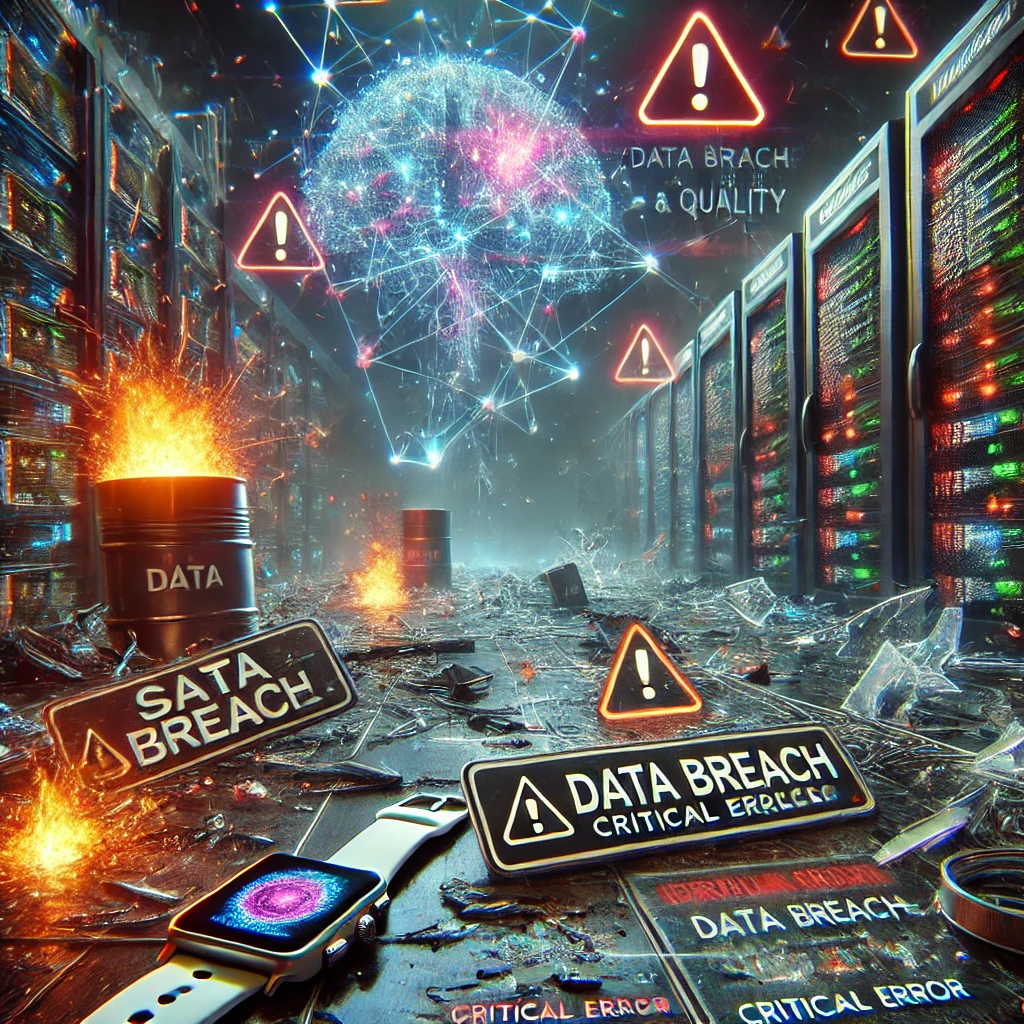Last week, we saw plenty of posts about integrating DeepSeek into applications, running it locally, and similar topics. What surprised me, though, is that while I expected issues to surface, I didn't anticipate such a massive security problem with DeepSeek AI chats. Big thanks to Gal Nagli for this research: https://www.wiz.io/blog/wiz-research-uncovers-exposed-deepseek-database-leak.
We've seen countless discussions on how companies achieved this cheaply—but also so insecurely. This reflects the current state of the industry, where everyone is racing to outdo competitors in budget, speed, and features while completely neglecting security and stability.
Take Garmin as another example: https://www.dcrainmaker.com/2025/01/garmin-watches-are-crashing-when-trying-to-start-gps.html.
Or this persistent Windows Update issue: https://www.youtube.com/watch?v=h8ppow5te20
And perhaps the biggest failure yet—the CrowdStrike incident: https://en.wikipedia.org/wiki/2024_CrowdStrike-related_IT_outages.
What do all these examples have in common? A relentless push to move fast and cut costs without investing properly in testing and security processes. Unfortunately, AI has made this situation worse in terms of security and quality.
Businesses rush to integrate AI chat features and provide full access to sensitive data—only to be shocked when data breaches occur. Why spend time and budget on testing when "the AI service has already been tested countless times," right? This flawed mindset has become common.
Why am I talking about this? It's a big problem even for major companies, and we, as tech experts, must continue to prioritize quality and security while balancing business needs. In my next post, I'll share some practical steps you can take to start improving security.

"We, as tech experts, must continue to prioritize quality and security while balancing business needs." - 100% agree with this statement. It isn't an easy task, but we must do our best. Businesses explicitly include guidance on testing and security in job descriptions, recognizing these elements as critical components but often neglect advice afterward
ReplyDelete